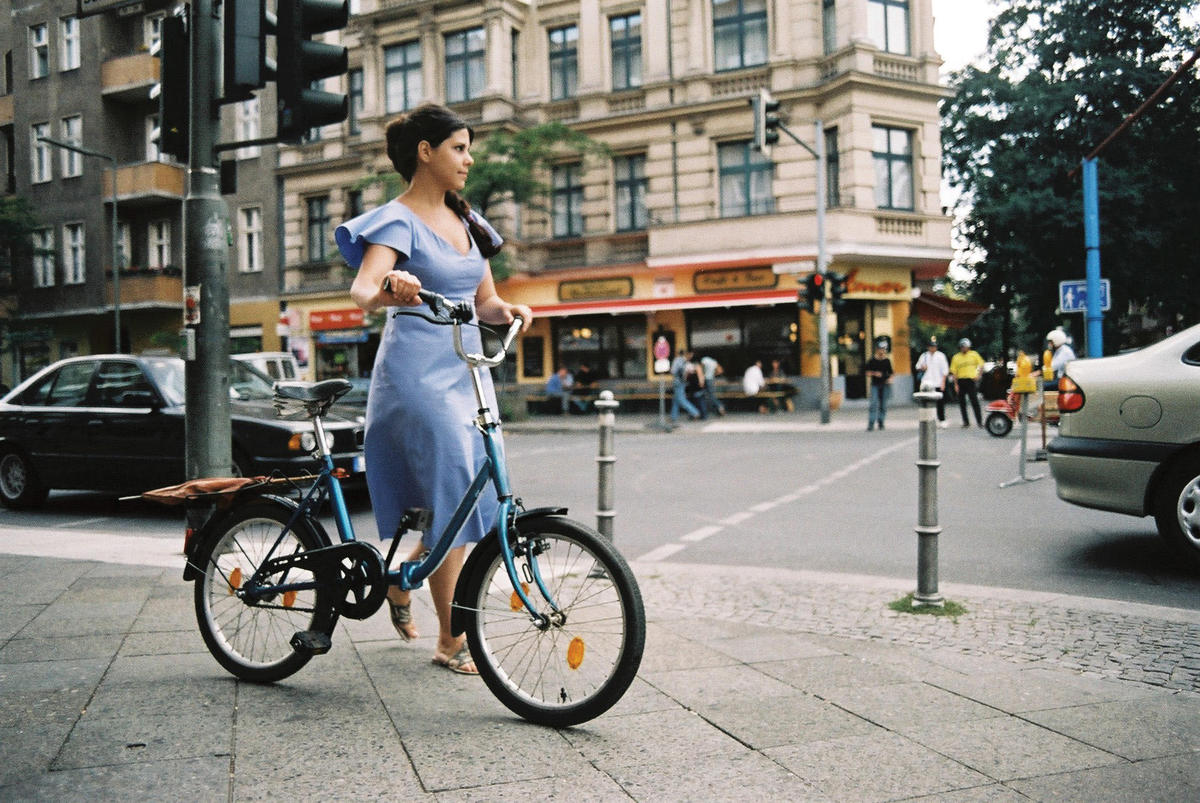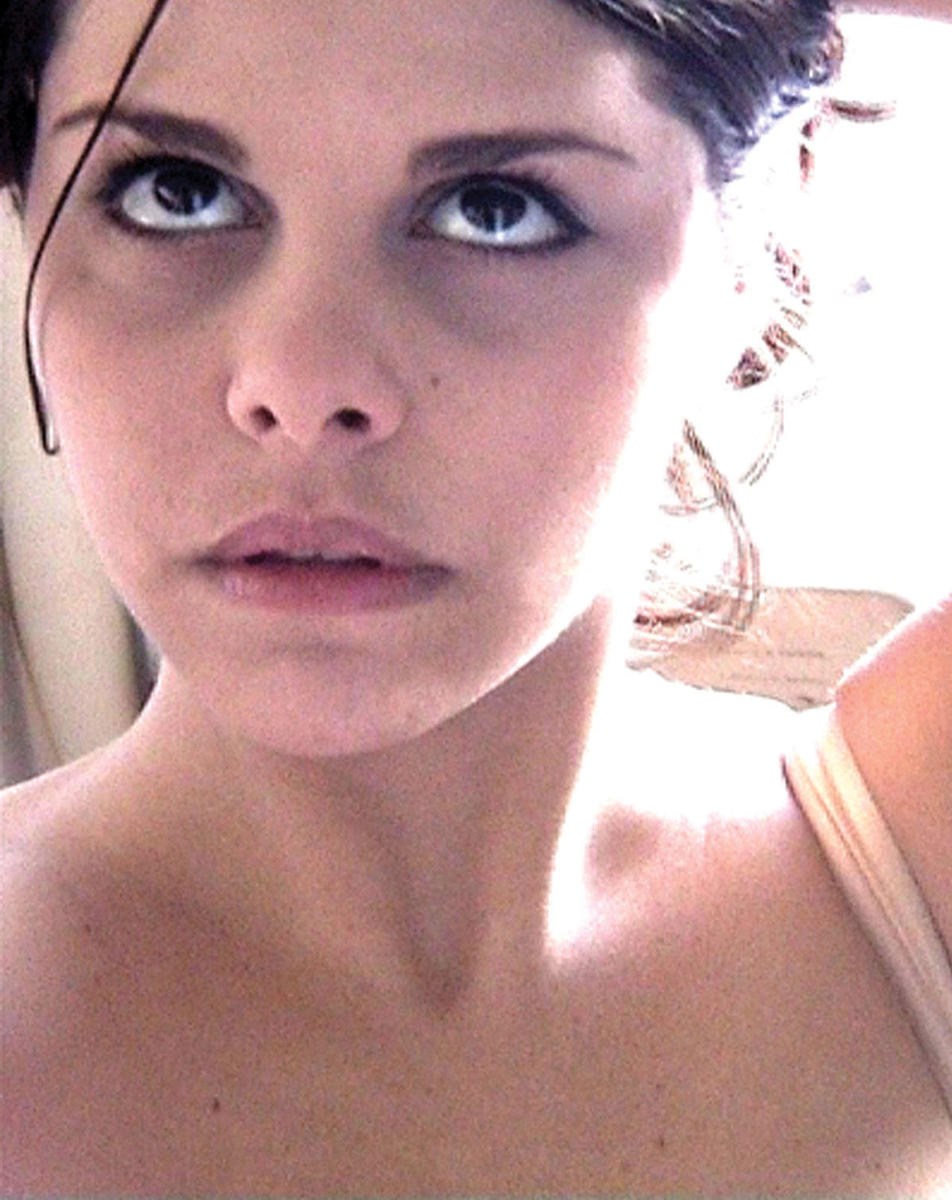
This winter, Myrna Maakaron entered her film BerlinBeirut into the Berlinale, an international competition of young filmmakers. Her poetic reflection of two broken cities, Berlin and Beirut, convinced not only the jury but also the audience. BerlinBeirut was awarded the Berlin Today award this past February.
Bidoun: Why have you chosen to compare Berlin with Beirut?
Myrna Maakaron: Because I visited Berlin in February 2003, and discovered that it has the same vibrations and spirit as Beirut. Berlin touched my heart, especially since I was missing my city very much at this period (still now). I often look for places and faces similar to my Beirut. I found some in Berlin. Berlin was bringing Beirut to me. This is how the idea of the film was born.
Bidoun: What is the main story behind your film? What is the key idea behind it?
MM: The main idea is to show how much Berlin and Beirut are similar to a certain point, but of course through my personal experience. Berlin and Beirut become one city in the film. A third space. One space. In which I move and lead the viewer by telling stories, memories and facts. Berlin and Beirut are two magical, strong and charming cities, full of mystery, wounds and beautiful people. Twenty three minutes were quite short… We could say so much about these cities. Also I realised that we know so little about each others, Beirutis and Berliners.
Bidoun: Did you have any examples for the “language of pictures” you have chosen?
MM: No, I didn’t have any examples for the language of pictures. It was just born after finishing the last script draft. And the approach became more definitive and clear during the editing time.
During my script developing period I watched some Agnès Varda films and read “Threads of Time” by Peter Brook. Somehow these two artists gave me power to work and a certain inspiration.
Bidoun: How was the film screening in Berlin?
MM: The premiere was on the 10th of February at the Berlinale Talent Campus. The film was warmly received and many people came to shake my hand after the screening saying that they loved the film. I didn’t expect this and today I am happy that BerlinBeirut touched some hearts.
Bidoun: Did the press in Lebanon react after you won the Berlin Today Talent award?
MM: Not really. Al Hayat was always following the steps of the film. They were one of the first to write about the film and later about the Berlin Today award. Noun Magazine wrote an article before the price. L’Orient Le Jour also got in touch with me lately and did a good article about the film and the prize. The German press was much more interested than the Lebanese one. Some Arabic journalists got in touch with me but they work mostly for Arabic newspapers not published in Lebanon. I don’t blame the Lebanese press; maybe they just didn’t know about it.
Bidoun: Real fiction seems to be the right description for the style of your film. Do you agree? If yes, why?
MM: The style of the film is more a narrative poetic essay, with some naïve tendency. It’s a mixture between reality and fairytales… I tell very sad and dramatic stories in the film, and since it’s very personal, the film took a positive, dreamy and fairy approach, very similar to how I am in general.
Bidoun: What are your future plans?
MM: I am trying to write my first feature films. I would love to continue acting too.
Bidoun: Will you show the film in Beirut?
MM: Yes, of course, we just have to fix a date and a place with the Goethe-Institute, Beirut.
Director: Myrna Maakaron, Germany/Lebanon (2003), short experimental documentary, 23 minutes, Super8 and Mini-DV. www.berlinbeirut.de
